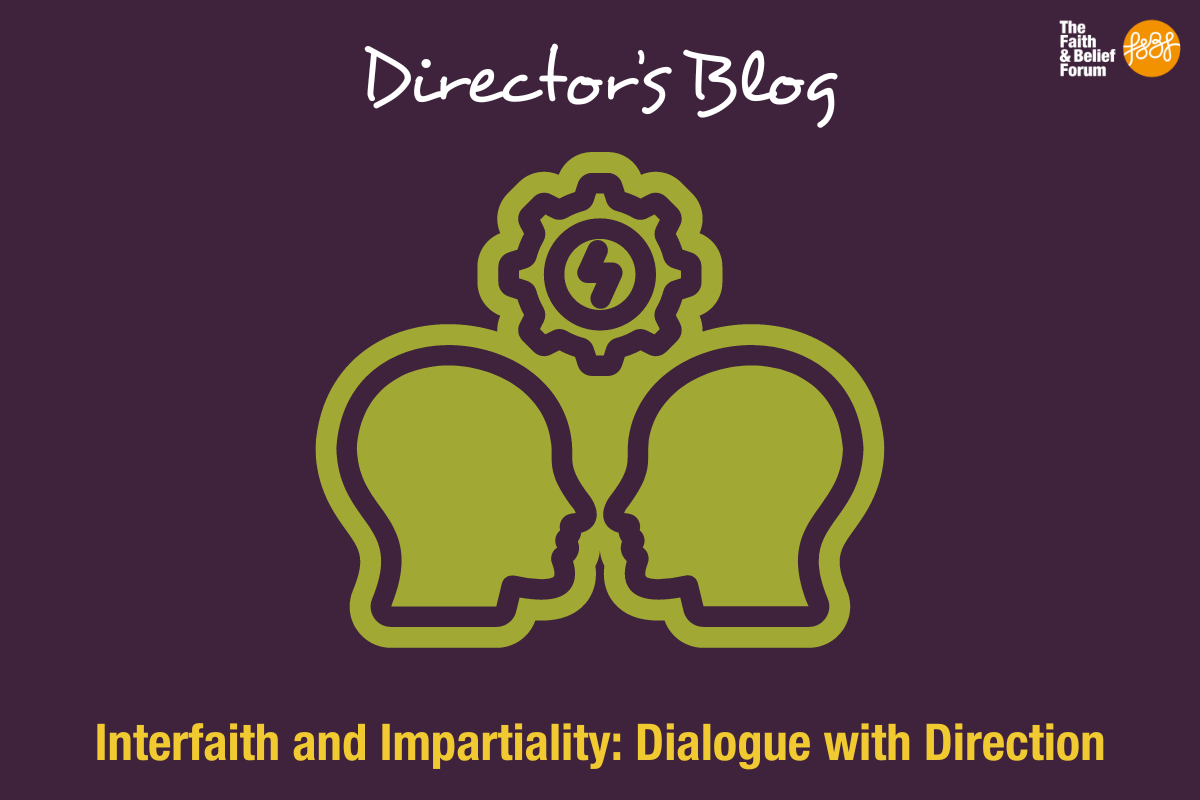
Challenging Faith Based Hate: True Stories
16 / 02 / 24
Menu

02 / 02 / 23
In contemporary society, people often believe it is often said that community no longer exists. Individualism is rising globally, as family units are smaller, communal spaces are closing, and isolation and loneliness are on the rise. Simultaneously, life is busier than ever. The pressures of being a young person today mean many of us have experienced feelings of burnout before our 25th birthday.
On top of the pressures of ‘hustle’ culture and trying to survive neoliberalism, young people seem to bear the most responsibility of global warming by being urged to prioritize sustainability in everything we do – from what we wear, what we eat, and where we shop. I cringe every time my paper straw turns to mush and ask myself, “how will my one paper straw save the turtles?” I cringe at the ever-rising price of oat milk but remind myself that it is for the planet. As awful as it is to say, sometimes I feel resentment for being ‘socially aware.’ I am jealous of those who seem to live in blissful ignorance that the earth is dying.
It seems no matter the number of changes I make in my life, climate change is inevitable. I read the other day that 100 companies are responsible for over 70% of global emissions. Mainstream climate narratives tell us that it is either up to the individual to make the change, or for the large affluent companies to make the change. And so far, we have not had any luck with the latter. So, do I even blame those who have given up? Or never even tried in the first place?
How can young people tackle the frustration of bearing the responsibility for solving climate change?
How can we tackle climate anxiety?
We can do this by reframing how we think about ‘responsibility’. To do this we need to tether the term responsibility with community.
The Youth Interfaith Summit will bring hundreds of young people together from many different faith and belief groups from all over London. Through dance, song, and dialogue, the Summit directly confronts the individualism that has taken over modern life and the climate agenda. We will learn how different groups use their community to organize sustainable initiatives, and how different group practices can unite to create large-scale change. The Summit will bring together smaller community units to create a new larger community.
As a result, challenging climate change through a Summit moves the conversation away from individual action to collective action. Climate change becomes less about small personal sacrifices and more about a commitment to each person in the room. Climate action brings out the best in one another through mutual understanding and learning of how climate change affects us all in unique aspects. It becomes less about a future impact we may never see or people we will never know, and more about how precious current life is, and how interconnected we all are despite our differences.
The Youth Interfaith summit highlights how climate change is not an interfaith burden, but a vehicle for interfaith action.
So, in the moments that the small sacrifices seem like they don’t make an impact, I advise you to look around you and find the community value of Climate Change.
And if you are struggling to look, attend our Interfaith Youth Summit, on February 6th at LSE!
By Mashiyath Qurashy

16 / 02 / 24

15 / 02 / 24

16 / 01 / 24